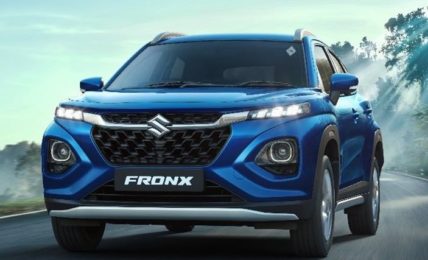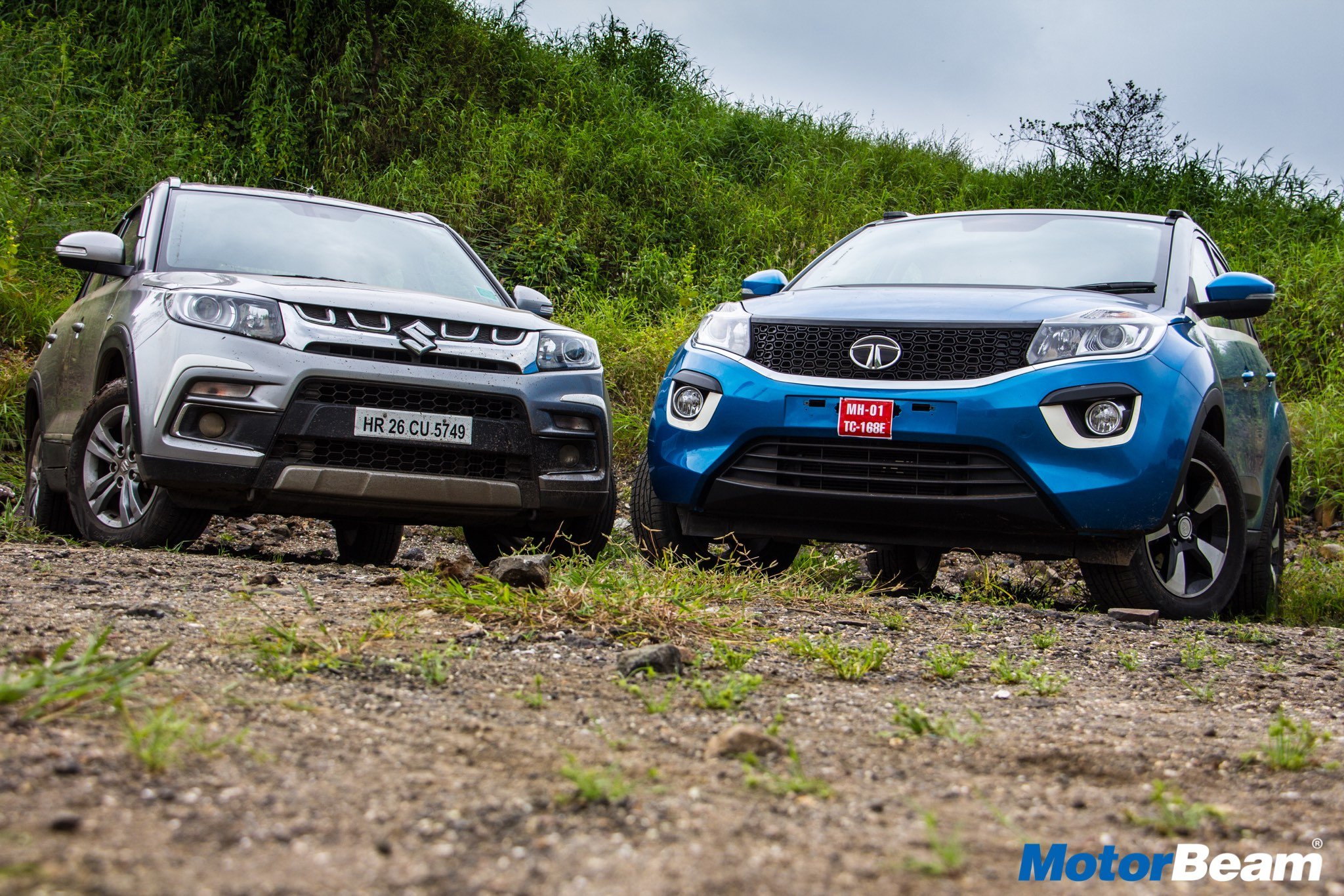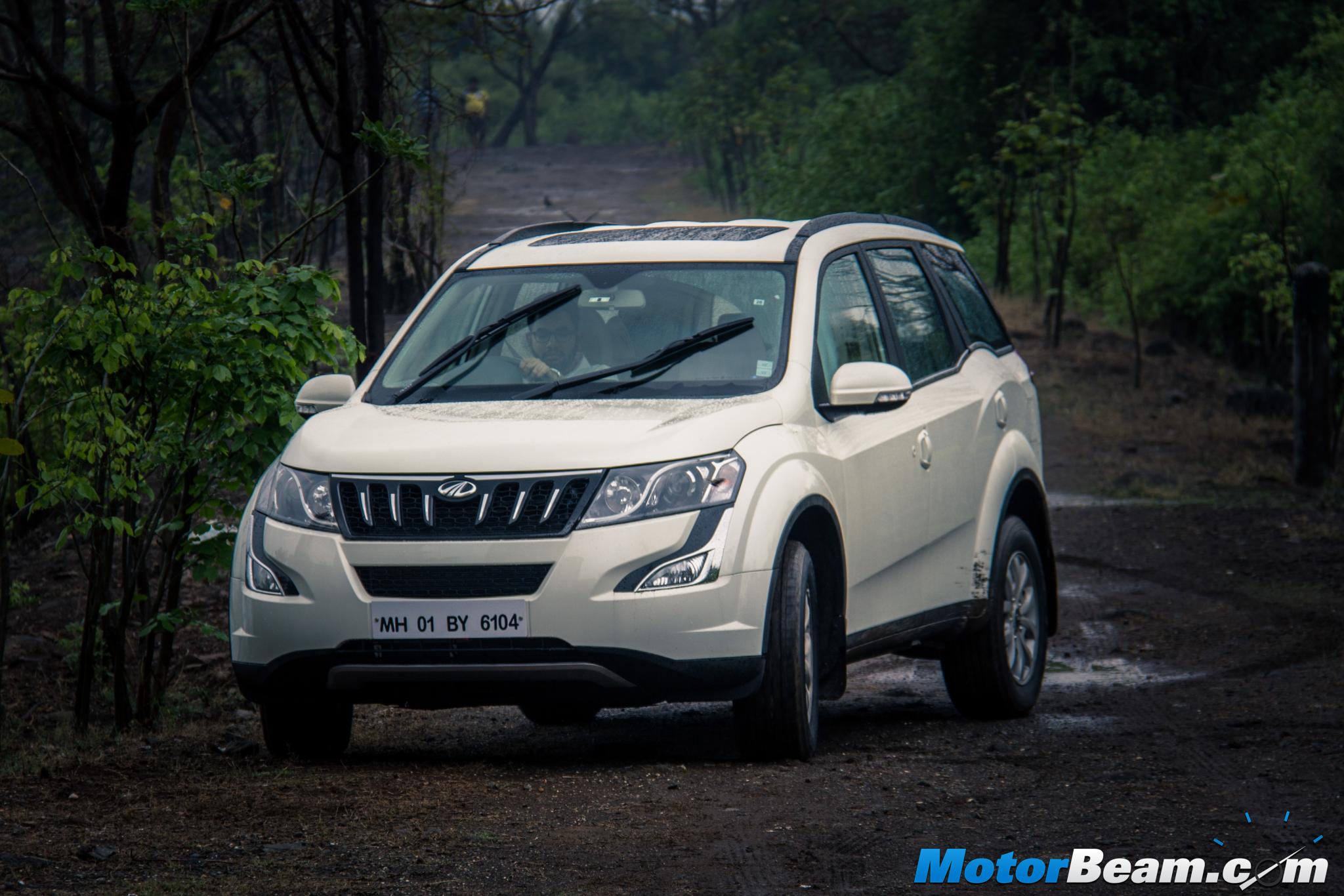[singlepic id= 7744 w=540 h=375 float=center]
Ever since the Government de-regulated the petrol prices it gave rise to dilemma about diesel. Indian Government is at the road cross and looking confused about which way to proceed. Because one road heads towards manipulating diesel cost which adds fuel into burning issue of inflation and the other road heads to levying extra duty on diesel cars which will attract heavy resistance from many big guns from companies and consumers as well. But whatever may be the result, it has created cause of concern for diesel car manufacturers and customers as well. One day I saw one article pasted all over the glass of one car dealership. That article was showing newspaper headlines shouting about likely price hike of diesel cars post budget. When we dig in deeper many aspects about this hike unfolded.
How Much?
– Post budget Government is planning to charge an extra Rs. 80,000/- for every diesel car (some say, that duty will be additional 10% of the price and not fixed amount of Rs. 80,000/-. So we can expect price hike of Rs. 40,000-1,50,000/-, depending upon the car you are buying).
– Currently, petrol cars up to 4 meters in length powered by upto a 1200cc engine capacity and diesel cars up to 4 meters in length and powered by upto 1500cc engine capacity attract 10% excise duty. While petrol cars longer than 4 meters or with an engine capacity above 1200cc and diesel cars more than 4 meters in length or with an engine capacity above 1500cc attract excise duty at the rate of 22%, plus Rs. 15,000/-.
Why?
– When petrol cost start heading north and reached past Rs. 70 mark, breakeven point between cost effectiveness of petrol vs. diesel crumbled. Many started opting for diesel variant and this started ‘Dieselization’ of our automobile industry.
– Diesel drives Commercial part of our India. Trains, buses and trucks carrying our daily groceries, clothing and almost every other thing runs on diesel. Many industries uses diesel as fuel for many of the processes. So one rupee change in diesel price will trigger catalytic reaction causing prices of everything to go sky rocketing.
– Understanding the impact of diesel, Government shades nearly Rs. 14-15 per litre from its pocket as subsidy.
– According to Society of Indian Automobile Manufacturers (SIAM), “From April last year onwards, the demand for diesel cars has gone up by more than 24%, while the sales of petrol car has declined by 16%.” Earlier, the share of diesel cars was restricted to 25% of total sales but from April, 2011 onwards it has gone up to 70-80% for the models offering diesel variants. At present, diesel cars account for 40% of total auto sales.
– So as diesel consumption is rising Government’s deficit is also rising and they have to pay more as subsidy.
– Once I heard that Government is thinking of variable pricing for private and commercial users. That means a truck driver will Rs. 45 and we will pay Rs. 65. But this cannot be implemented in-front of our wise Indian people.
– Government is saying that this additional money will go to petroleum companies so as to recover their losses. Also Government will wave off the import duty on LNG which is cleanest and cheapest gas to burn. This will help many industries.
– Many green future supporting organizations are also supporting this move, to charge diesel cars and to reduce tax on LNG.
– Some people who are are supporting this move say that 80% of cars brought in India are financed and hence the extra Rs. 80,000/- will be divided in the 5-years of EMI. But lets not forget that that Rs. 80,000/- will also attract interest rate, higher insurance and registration costs, thereby making the Rs. 80,000/- hike amount to more than a lakh for the consumer.
What Will Happen?
– Consumers will again start turning towards petrol variants, as price gap will widen further. As this will change the equation of break even analysis.
– Government will be able to manage the subsidies. Also diesel price will remain stable.
– “Rich should not get subsidies” – Government.
– Newer greener fuel LNG will be studied and developed as alternate power source.
– Government will succeed in stopping dieselization of economy and restrict the use of diesel for private use.
– Automobile companies could launch much more powerful petrol cars (read turbocharged) to reduce the price gap between petrol and diesel variants.
But Of Course
– It will pose a serious question in front of many companies about reliability of Indian Government.
– Volatility of market will cause insecurity in minds of business people.
– Managing future prospect, R&D, future portfolio will get much difficult for companies. Example – Honda has invested large amount of capital in its small capacity diesel engine development. So, future of their project will hang in between.
– What will happen to ONLY DIESEL COMPANIES like Mahindra and Tata?
– What will happen to Germans and Japanese like Volkswagen, Skoda, Nissan which sells diesel vehicles in large numbers compared to petrol ones.
– What if petrol prices increases by Rs. 10-15 over the period of next six months or a year?
– Whatever happens, India is becoming highly volatile, highly un-predictable but potential market. Is it good/acceptable to business houses or bad?
Above data may reflect that Government’s decision is justified. But if we think the other way, Government is earning from both sides by charging high amount per liter of petrol and by levying extra duties on diesel cars? And who are going to Pay? It’s US who will bear this. The solution is not to increase duty on diesel cars, instead reduce the high amount of taxes on fuel, which contribute a significant part of the fuel cost. The reduced state tax on petrol and diesel would result in higher revenue for oil companies, thereby reducing the subsidy they offer these state owned oil companies. The elimination or reduction of state tax on fuel would also result in private oil companies (Shell, Reliance, etc) entering the market, giving consumers more choice.
What ever it is, we will find out tomorrow when the Government of India announces the 2012-13 Budget. Fingers crossed!
[singlepic id=10769 w=540 h=375 float=center]




